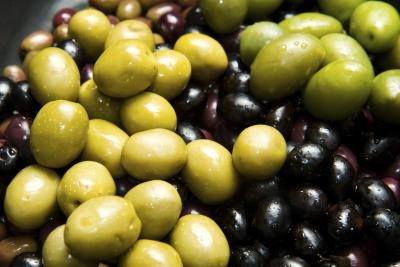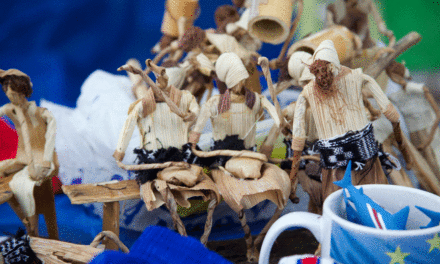There is no doubt about it, all olives matter. It is simply an intrinsic fact. If a difference exists between green and black olives beyond the obvious, then I have to discern it. But imagine for a moment a surreal world, something perhaps out of the mind of Salvador Dali or Hunter S. Thompson. Where those olives, black and green alike, came with ambitions, fears, emotions and a conscious. Yes, it sounds ridiculous to ponder but its 2016 and where ever you look, from the Brexit debacle to the quagmire of Donald Trump’s presidential campaign, its clear that ‘ridiculous’ has become the new normal.
And in this society of olives, one might imagine there being an olive police force. Why not, right? A society has to be built on laws, even ones as ridiculous as this analogy but we’ll get to that later. What if Oliveland also had a defined social construct? With crime; a history of animosity; a history of cultural resentment; a history of division. Out of this, a context of evidence might emerge similar to our own reality. What if in Oliveland data showed higher rates of death for black olives, during what for green olives remained, routine interactions with the peacekeepers of Oliveland?
Naturally, it would shock Olivelanders who hold the belief of a just and verdant society. Just as naturally, other Olivelanders may take offense at the insinuation that black olives are being unfairly targeted and all that would imply about their society. Opposition might point out that black olives do a wonderful job of killing themselves without the help of Oliveland peacekeepers. Others may then postulate that the data is inherently flawed anyway because there are more green olives in Oliveland to begin with. The result would be social frustration.
But what if in some parts of the black olive community crime had actually become inescapable? For black olives this would mean both rationales painfully carry some truth. What would also be true, maybe just as painfully, is that both rationales also attempt to misappropriate blame away from unconscious biases prevalent through Oliveland society. Biases that may have contributed to the context of evidence in larger part than some would like to admit. Uncomfortable ones that remain ignored no matter how loud black olives protest for society to wake up and acknowledge the problem. Some green olives may and may then lead change. Others may give in to xenophobic instincts and staunchly refuse to see a problem. Through this a paradigm may become clear to many olives, green and black, that it is impossible to wake some one up if they’re pretending to be asleep.
At that stage, born of that context, it isn’t difficult to imagine that a slogan might emerge along the lines of #BlackOlivesMatter. A last refuge of pent up social angst condensed into three short words. To some it is cry for help, to others it is a call to arms. For many the slogan would contain no implication that other olives don’t. Yet for some, an invisible ‘only’ would attach itself to the front of the slogan each time it is uttered. Held in place by the same unconscious biases at the root of this issue. It has been said that to the privileged, equality often feels like oppression, that such is the nature of perception. For those who would see nothing wrong in Oliveland a counter measure to the call might also present itself, #No!AllOlivesMatter.
Which is fine because its true, they do all matter and here in lies the false equivalence of playing one slogan off the other. One is an intrinsic statement of a commonly held belief, the other is specific to an ever increasing lexicon of events. An example: in our reality, cars have tires and they sometimes go flat, a hassle but we deal with it. We may then walk into a tire shop and ask that the flat tire be replaced. If the mechanic were to reply with, ”Why just fix that one? Why not replace them all? You’ll have to anyway” they would not be wrong but they wouldn’t necessarily be helpful either. Similarly, if you were in Oliveland and overheard someone reply to #BlackOlivesMatter with #AllOlivesMatter, you might just think they had something against black olives.





